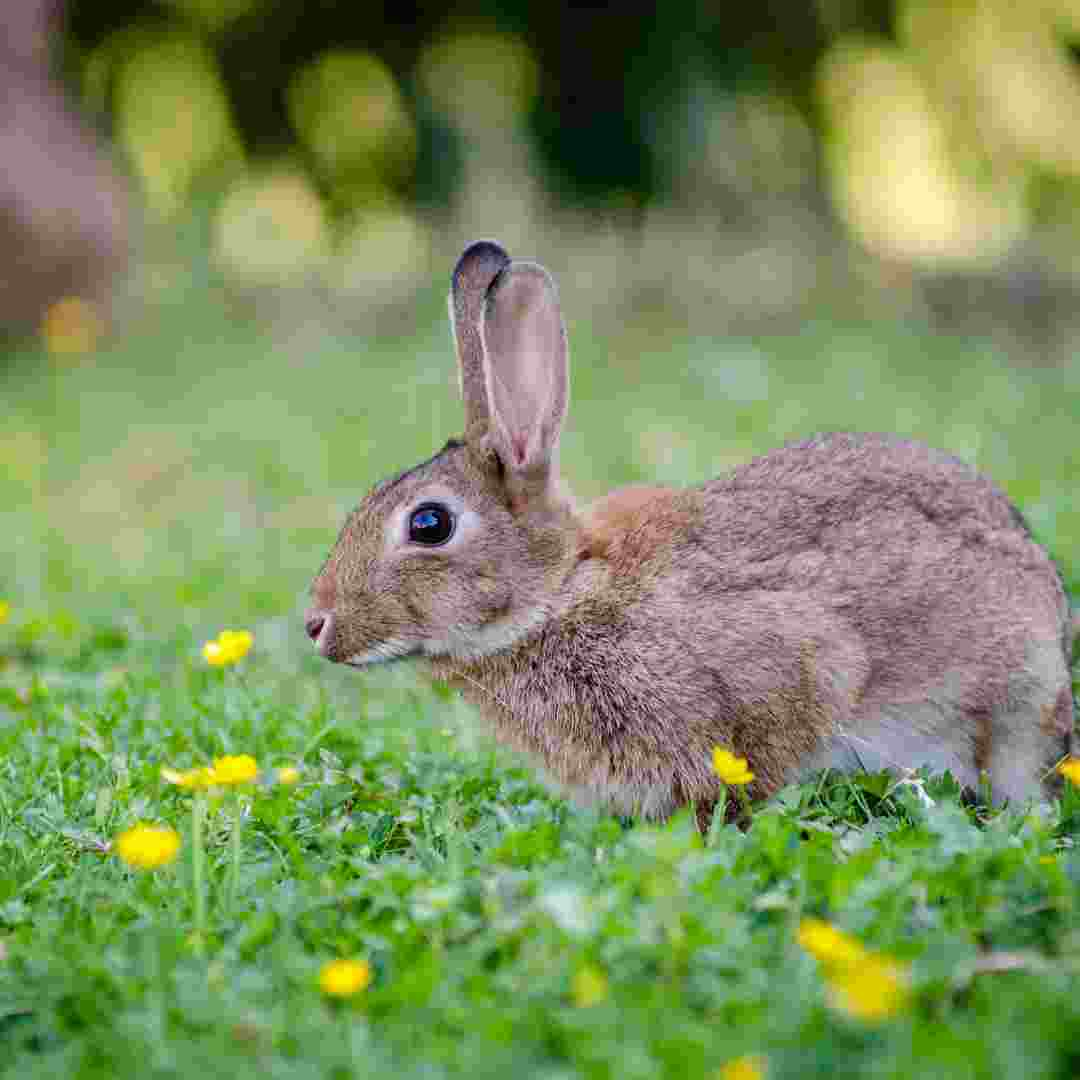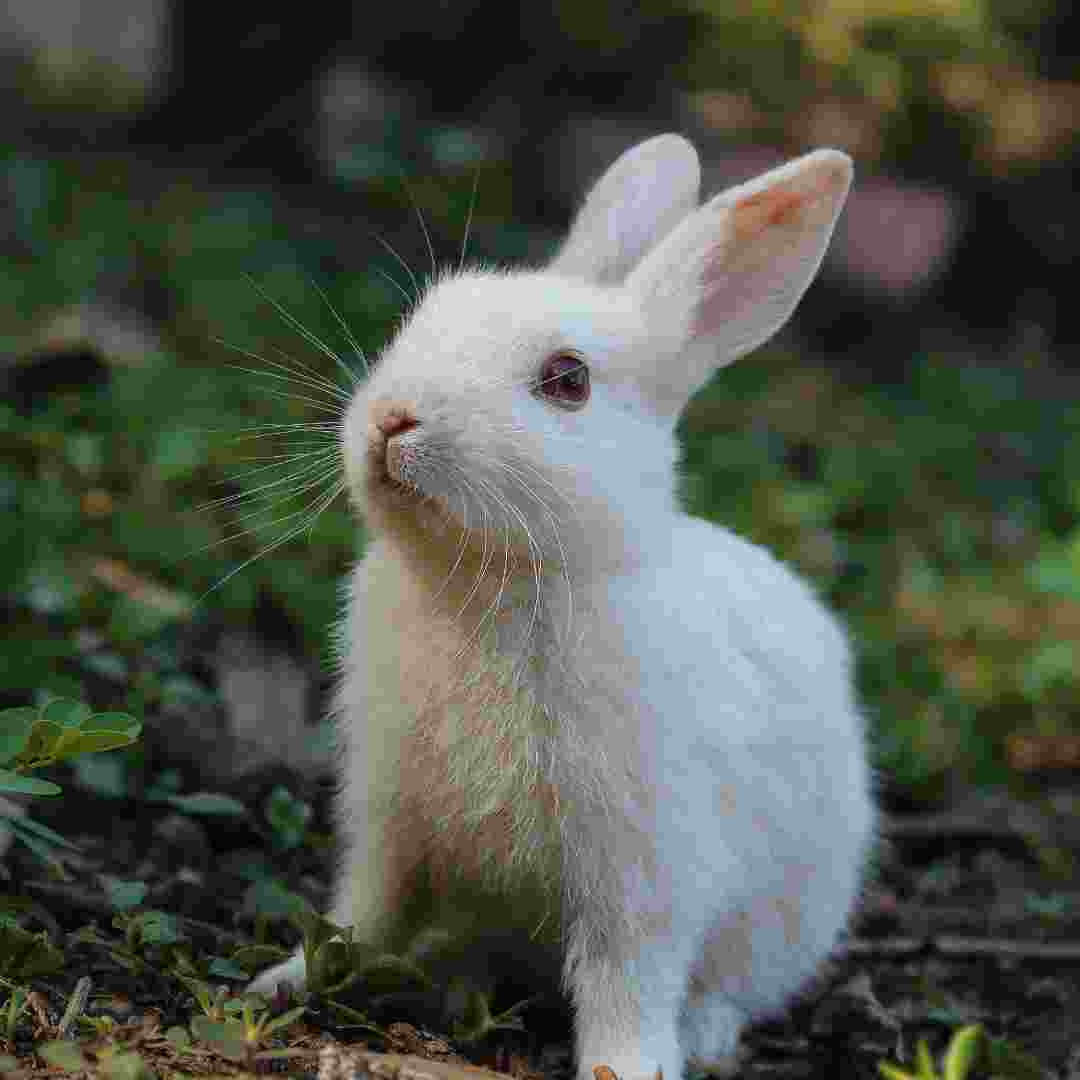Contents Table
Introduction
Rabbit Poop Helps Garden Growth
The Benefits of Rabbit Poop Fertiliser
Rabbit Poop Collection and Storage for Garden Use
The Pros and Cons of Gardening with Rabbit Poop
How to Use Rabbit Poop in Garden Soil
Q&A
Conclusion
Introduction
Rabbit droppings make fantastic garden fertiliser. Plants need nitrogen, phosphorus, and potassium, which it has in abundance. Rabbit excrement provides organic stuff that improves soil structure and drainage. Rabbit faeces is common and cheap compared to other fertilisers. You may add rabbit dung to your garden in a few easy steps and enjoy a healthy, productive garden.
Rabbit Poop Helps Garden Growth
Rabbit excrement is a great fertiliser and can help your garden thrive. Rabbit droppings include nitrogen, phosphate, and potassium, which plants need. Calcium-rich rabbit droppings encourage healthy root growth and prevent tomato and pepper blossom end rot.
Small, dry rabbit droppings spread easily throughout the garden. Mix them into the soil or use as a top dressing. Rabbit droppings are slow to decompose, thus they replenish plant nutrients over time.
When fertilising with rabbit droppings, remember that they are nitrogen-rich. Too much nitrogen can make plants lanky and weak, so apply it sparingly. Remember to wear gloves when handling rabbit droppings because they may contain parasites.
Rabbit droppings might boost plant growth in your garden. With proper use, they can nourish your plants to develop strong and healthy.
The Benefits of Rabbit Poop Fertiliser
Rabbit dung fertiliser is becoming more popular among gardeners and farmers. Rabbit faeces is rich in nitrogen, phosphate, and potassium, which plants need. High in calcium, magnesium, and other trace minerals, rabbit faeces is a good fertiliser for many plants.
Nitrogen is a major benefit of rabbit faeces fertiliser. Green, leafy plants need nitrogen, and rabbit dung is a good source. Rabbit faeces includes phosphate and potassium, which help flowers and fruits develop. Rabbit faeces contains calcium, magnesium, and other trace minerals that benefit plants.
Low odour is another benefit of rabbit faeces fertiliser. Rabbit faeces smells less than other animal manures, making it easier to handle and disperse. Since rabbit faeces is light and compact, it is easy to gather and store.
Rabbit excrement is a great soil conditioner and nutrition source. Plants can better absorb nutrients with rabbit poop's improved soil structure, aeration, and drainage. Rabbit excrement reduces soil compaction, which can harm roots and plants.
Finally, rabbit faeces fertiliser is eco-friendly. Natural, renewable rabbit faeces contains no synthetic chemicals or fertilisers. Biodegradable rabbit excrement doesn't hurt the environment.
Rabbit dung fertiliser is great for farmers and gardeners. Rabbit faeces is rich in nitrogen, phosphate, potassium, and trace minerals. Rabbit dung is eco-friendly and easy to collect and store. Rabbit excrement fertilises numerous plants due to its many benefits.
Rabbit Poop Collection and Storage for Garden Use
Rabbit faeces makes an excellent natural fertiliser for gardens. Rabbit droppings are good garden fertiliser since they include nitrogen, phosphate, and potassium. Tips for collecting and storing rabbit faeces for gardening.
1. Collect droppings daily. To prevent disease and preserve freshness, rabbit droppings should be removed daily. Shovel or scoop droppings into a pail or container.
2. Keep droppings cool and dry. Once collected, store droppings in a cool, dry shed or garage. Cover the container to prevent droppings from drying.
3. Compost droppings. Rabbit droppings make nutrient-rich garden fertiliser when composted. Mix droppings with leaves, grass clippings, and kitchen trash to compost.
4. Fertilise your garden. The composted droppings can be used as plant fertiliser. Spread fertiliser evenly and water it in to help plants absorb nutrients.
Following these instructions, you can simply collect and preserve rabbit dung for gardening. Rabbit droppings make great fertiliser and help plants thrive.
The Pros and Cons of Gardening with Rabbit Poop
Gardeners debate using rabbit dung. Rabbit excrement is a natural fertiliser that gives plants nutrition. However, it can introduce hazardous germs and parasites into the garden. Here are some advantages and cons of utilising rabbit dung on your garden to help you decide.
Pros
Natural rabbit excrement fertiliser contains nitrogen, phosphate, and potassium. Healthy plant growth requires these minerals.
• Rabbit dung is easy to gather and free fertiliser.
• Rabbit dung burns plants less than chemical fertilisers.
Cons
Poop from rabbits can include parasites and bacteria that harm plants and humans.
• Rabbit dung attracts mice and rats.
• Spreading rabbit dung uniformly in the garden is challenging.
In conclusion, rabbit poop in the garden can be beneficial, but it's vital to recognise the risks. Make sure rabbit faeces is safe for your plants and family before using it.
How to Use Rabbit Poop in Garden Soil
1. Gather rabbit droppings in a bucket. Use gloves when handling droppings.
2. Evenly scatter droppings on the soil. Spread droppings with a shovel or rake in a container.
3. Till or dig the droppings into the soil. This will mix droppings into the soil and nourish plants.
4. Wet the soil after adding droppings. The droppings' nutrients will be activated and available to plants.
5. Cover the soil with mulch to conserve moisture and maintain temperature.
6. Check soil nutrients and adjust as needed. The soil may need phosphate and potassium since rabbit droppings are heavy in nitrogen.
7. Test the soil frequently for nutrient balance. This will ensure your plants get enough nutrients.

Q&A
1. Can rabbit waste go in your garden?
Your garden can contain rabbit excrement. Rabbit droppings provide nitrogen and other minerals for plant growth.
2. How should rabbit dung be used in gardening?
To use rabbit droppings in your garden, compost them. The droppings will break down and be easier for your plants to absorb.
3. Is rabbit poop garden-safe?
Rabbit droppings are garden-safe. Remember to compost the droppings before adding them to your garden.
4. How often should rabbit dung be added to gardens?
Rabbit droppings should be added to your garden every few weeks. This ensures your plants get enough nutrients.
5. What other benefits does rabbit poop have for your garden?
Rabbit droppings improve garden soil structure and fertility. They can also bring beneficial insects and wildlife to your garden.
Conclusion
In conclusion, rabbit faeces is a natural fertiliser that can help your plants flourish. Before adding rabbit excrement to your garden, compost it since it may contain parasites and bacteria that harm plants. Rabbit excrement can cause nutrient imbalances and other concerns, so limit it in your garden.
